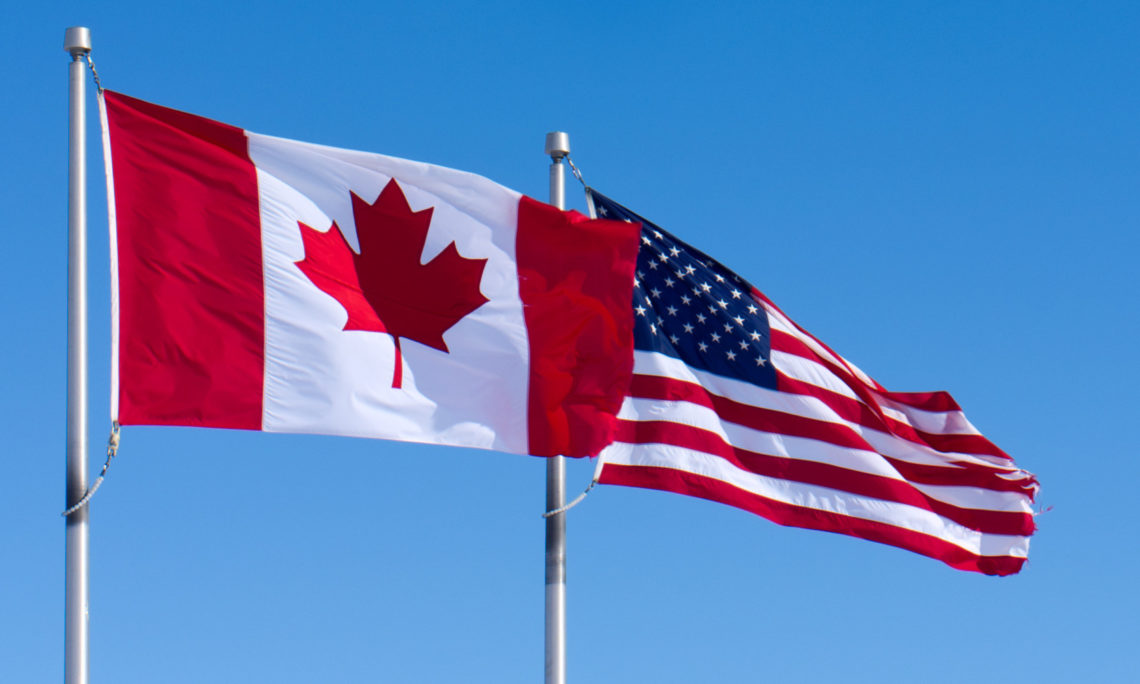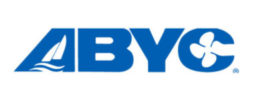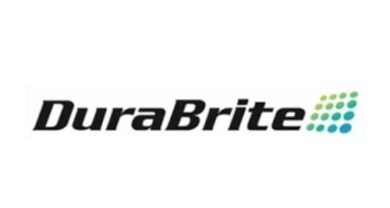NMMA and NMMA Canada provide update on joint policy priorities

The recent bilateral meeting between President Joe Biden and Prime Minister Justin Trudeau signaled an opportunity for the U.S. and Canada to make headway on joint policy priorities, including those that benefit the North American recreational boating industry.
The joint Roadmap for a Renewed U.S.-Canada Partnership issued following the historic meeting gives a glimpse into the shared priorities of the two countries.
According to NMMA and NMMA Canada, there is great cause for optimism as the recreational boating industry is already making great progress in policy areas covered by the Roadmap. Priorities relevant to our sector include:
Taking a continental approach to supply chain challenges
The Roadmap commits to strengthening Canada-U.S. supply chain security and reinforcing “our deeply interconnected and mutually beneficial economic relationship”. In the recreational boating sector, low inventory and supply chain problems have plagued companies on both sides of the border for much of the pandemic. As with the auto sector, the boating industry enjoys a highly integrated supply chain, and the industry looks forward to contributing its ideas as the strategy takes shape. Additionally, the organizations encourage regional bodies such as the Conference of Great Lakes and St. Lawrence Governors and Premiers to bolster their work in this area.
Embracing clean tech and doing our part to support the target of net-zero emissions by 2050
Recreational boating represents about 0.2% of all greenhouse gas emissions in the U.S. Despite this small footprint, the industry has been proactive in reducing carbon emissions and making great progress in phasing-out the worst offending greenhouse gasses, such as hydrofluorocarbons (HFCs) in floatation foam. Indeed, since 2000 the industry has achieved an 75-95% reduction in engine emissions and a 40% increase in fuel efficiency.
NMMA member companies in the U.S. and Canada are at the forefront of developing hybrid and electric engines and other technologies that will further reduce the carbon output of recreational boating. The industry is buoyed by President Biden and Prime Minister Trudeau’s shared vision to tackle climate change and boost conservation efforts and well-positioned to tap into the $2 trillion that President Biden has promised to invest in sustainability and clean energy.
Deepening our economic ties and promoting a recovery that works for everyone
The North American recreational boating industry faced challenges during the previous administration when the U.S. government imposed Section 232 tariffs on steel and aluminum imports, prompting the Canadian government to levy counter-tariffs on recreational boats imported into Canada. With approximately 85% of boats sold in Canada coming from the U.S., the countermeasures did little to protect Canada’s small domestic manufacturing base, while causing severe harm to Canadian dealers who saw sales plummet. American manufacturers also incurred losses when U.S. boat exports to Canada dropped by 26%, which continued throughout the period the tariffs remained in place.
While the prospect of new tariffs seems remote, NMMA and NMMA Canada urge both governments to keep their procurement policies as open as possible to manufacturers and service providers on both sides of the border. With the stability of the United States-Mexico-Canada Agreement (USMCA) and the deeply integrated supply chains, free and fair trade is critical to our countries’ mutual prosperity.




